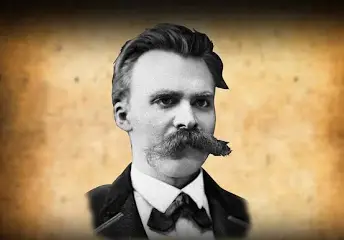
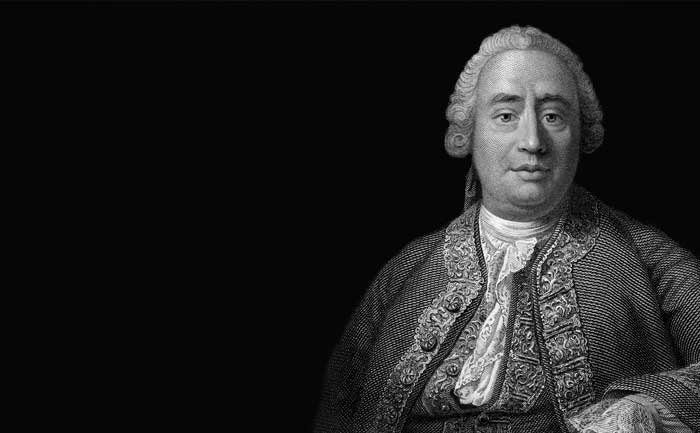
The study of philosophy has always been an important contributor to the development of human thought. Philosophy is concerned with investigating the underlying nature of existence, morality, and the human intellect. The year 2024 has seen a number of philosophers make significant contributions to the ongoing discussions that are taking place in the fields of ethics, politics, science, and technology. The following is a list of the top ten most influential philosophers in the world today, whose ideas continue to inspire and challenge audiences all around the world.
List Of Top 10 Famous Philosophers In The World 2024
1. Aristotle
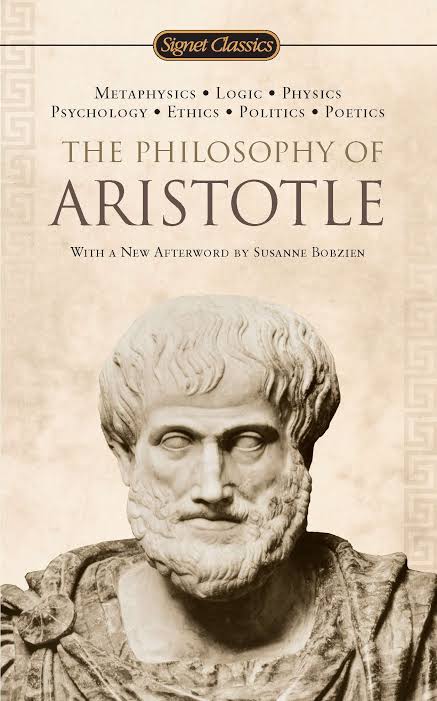
Born in the ancient Greek city of Stagira in 384 BCE, Aristotle is among the most important thinkers in history. Aristotle’s contributions to philosophy, physics, and many other disciplines have significantly affected Western thought; he was a pupil of Plato and tutor to Alexander the Great. His writings cover a wide spectrum of subjects, including ethics, politics, metaphysics, biology, logic, and aesthetics, therefore leaving a legacy that is still indispensible to philosophical debate even in 2024.
2. Socrates
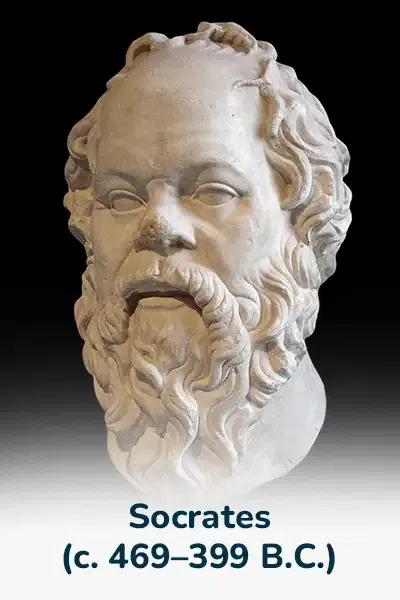
Living in Athens in the fifth century BCE, Socrates is regarded as one of the most important figures in the history of Western philosophy. Despite the fact that he left no written works of his own, his thoughts and teachings have been transmitted through the works of his pupils, most notably Plato. Socrates is one of the most influential philosophers of all time because his life and ideas continue to be crucial to conversations about knowledge, ethics, and human nature.
3. Immanuel Kant
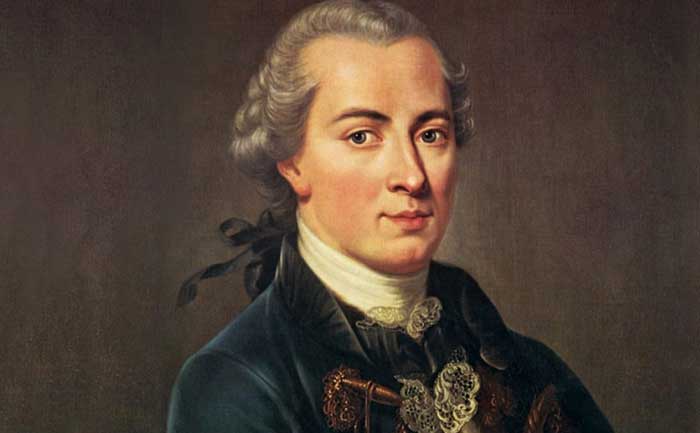
Particularly in the domains of metaphysics, epistemology, and ethics, Immanuel Kant (1724–1804) is among the most important philosophers in Western philosophy. Born in Königsberg, Prussia (now Kaliningrad, Russia), Kant’s work significantly changed the terrain of Enlightenment thinking by creating a thorough philosophical system addressing the nature of human reason, morality, and the boundaries of knowledge. Modern philosophy is still much influenced by his main writings, including Groundwork of the Metaphysics of Morals and the Critique of Pure Reason.
4. Plato
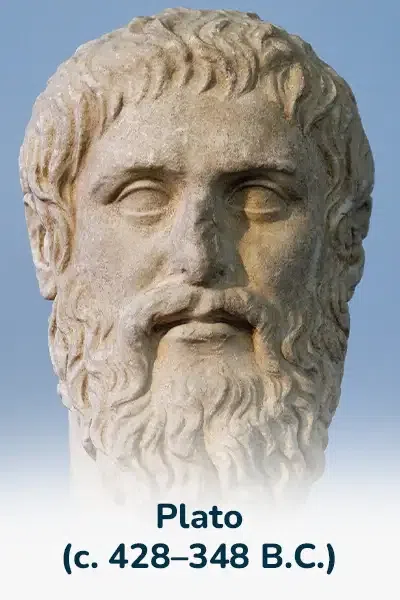
One of the most important thinkers in Western philosophy, Plato (427–347 BCE) is recognised for having shaped a large portion of the theoretical underpinnings of Western civilisation. Plato studied under Socrates and was Aristotle’s instructor. He had a broad range of opinions on many topics, such as politics, ethics, metaphysics, epistemology, and education. Ideas from his two most well-known books, the Republic and the Symposium, are still relevant in conversations about justice, politics, and the nature of reality.
5. Friedrich Nietzsche

Among the most controversial and powerful modernists, Friedrich Nietzsche (1844–1900) is Renowned for his scathing criticisms of morality, religion, and conventional wisdom, Nietzsche’s views force readers to consider difficult facts about power, human nature, and the purpose of life. From psychology to political philosophy, his most well-known ideas—the Übermensch, the drive to power, and the pronouncement that “God is dead”—have found resonance in many spheres.
6. David Hume

David Hume was a Scottish philosopher, historian, and writer who lived from 1711 to 1776. He is widely seen as one of the most important people in Western philosophical history. One of the most important people in the Enlightenment was David Hume. He is best known for developing empiricism and scepticism, which challenged many common ideas about religion, human nature, and science. Many modern debates in epistemology, ethics, and philosophy of science are based on his work. He also had an impact on areas as different as economics, psychology, and political theory.
7. Karl Marx

German philosopher, economist, historian, sociologist, and revolutionary Karl Marx (1818–1883) is most remembered for his criticism of capitalism and impact on contemporary socialist and communist movements. Collectively referred to as Marxism, Marx’s views set the stage for a dramatic reevaluation of society, politics, and economy. For an understanding of the dynamics of class, labour, and economic systems, his writings—especially The Communist Manifesto and Das Kapital—remain fundamental books.
8. Confucius

Chinese philosopher, teacher, and political theorist Confucius (551–479 BCE) had views that have shaped East Asian philosophy and Chinese society for more than two millennia. His lessons stressed morality, social peace, respect of tradition, and personal ethics—qualities that would define Confucianism going forward. Along with influencing political and intellectual debate in China, Confucius’s views have had long-lasting consequences on governance, education, and personal relationships all around East Asia.
9. René Descartes

René Descartes (1596–1650) was a French philosopher, mathematician, and scientist who is universally recognised as one of the most influential figures in the creation of modern Western philosophy. His work established the groundwork for a novel philosophical perspective that prioritised the scientific method, doubt, and reason. Descartes, who is frequently referred to as the “Father of Modern Philosophy,” revolutionised the way in which knowledge was interpreted and pursued, particularly through his method of radical doubt, which is embodied in the renowned phrase “Cogito, ergo sum” (“I think, therefore I am”).
10. Thomas Aquinas

René Descartes was a French philosopher, mathematician, and physicist who lived from 1596 until 1650. His work is credited with laying the groundwork for contemporary Western approaches to philosophy. Descartes is most well-known for his philosophical method of doubt and the famous adage “Cogito, ergo sum” (which translates to “I think, therefore I am”). He is frequently referred to as the “Father of Modern Philosophy.” The domains of philosophy, mathematics, and science have all been profoundly impacted by his ideas, which have influenced succeeding thinkers and shaped the path that intellectual history has taken.